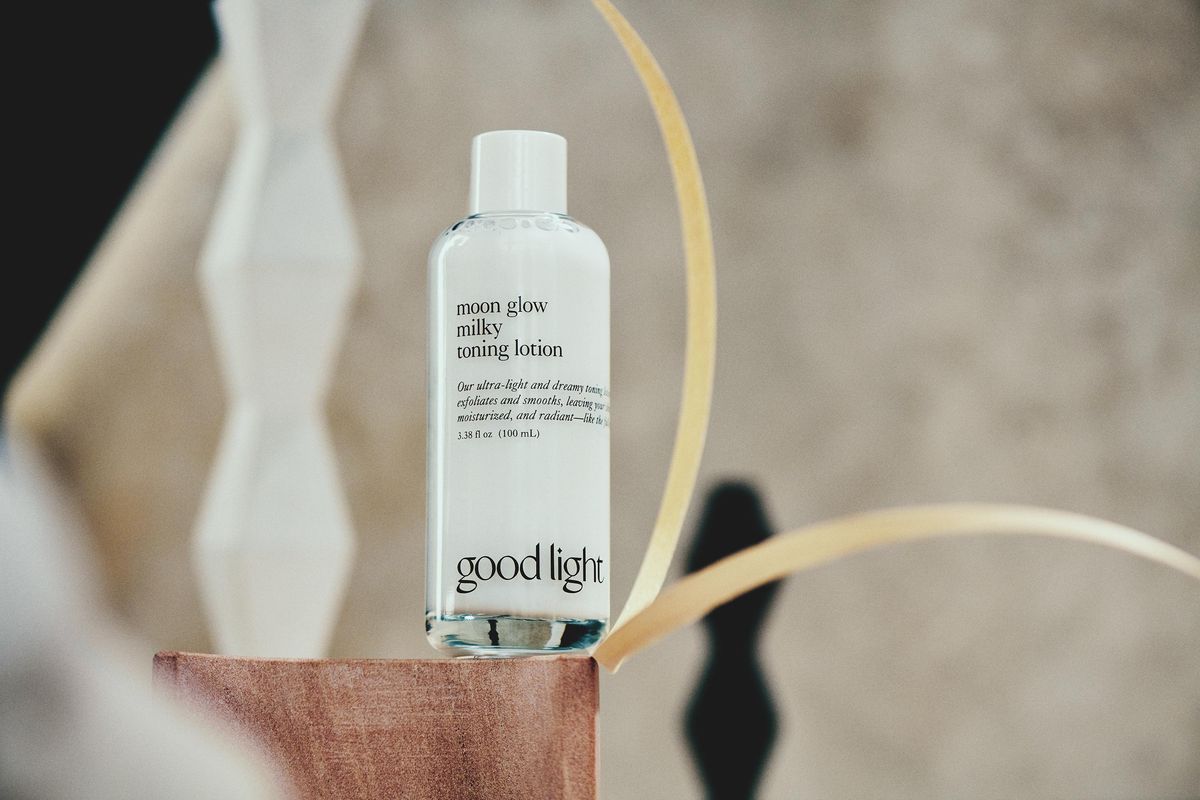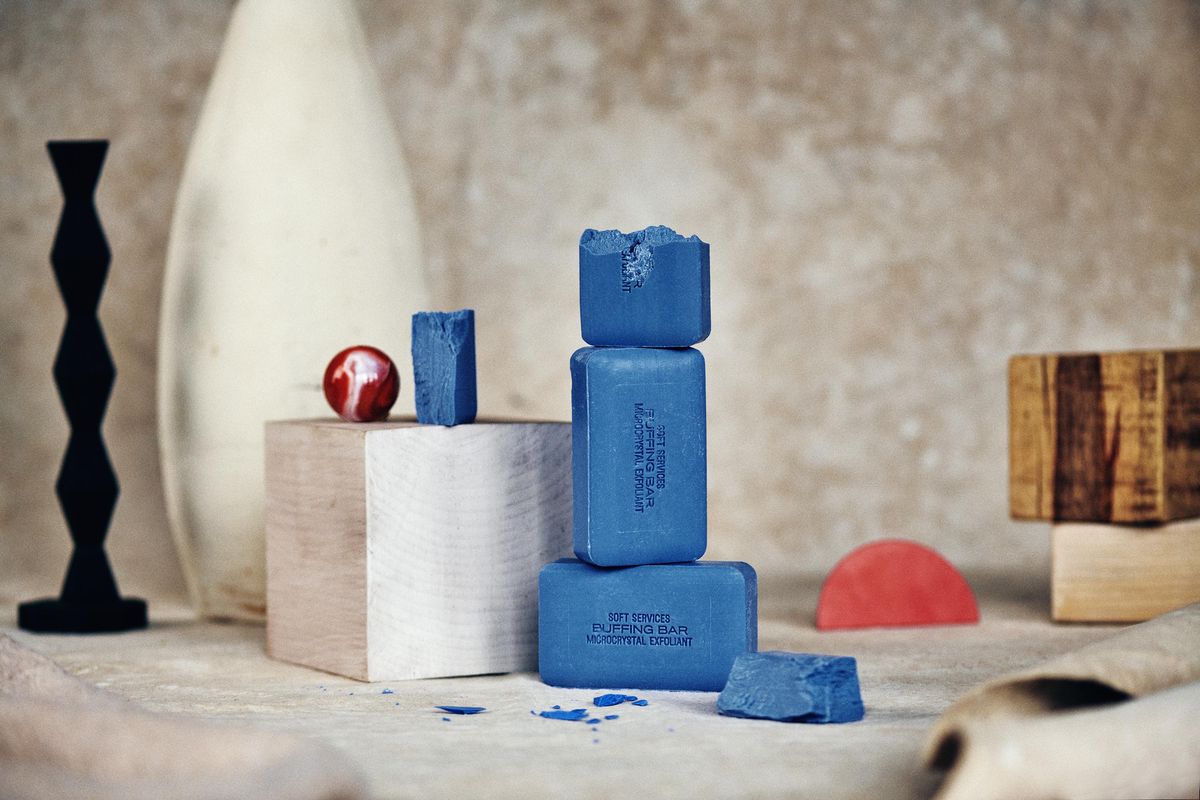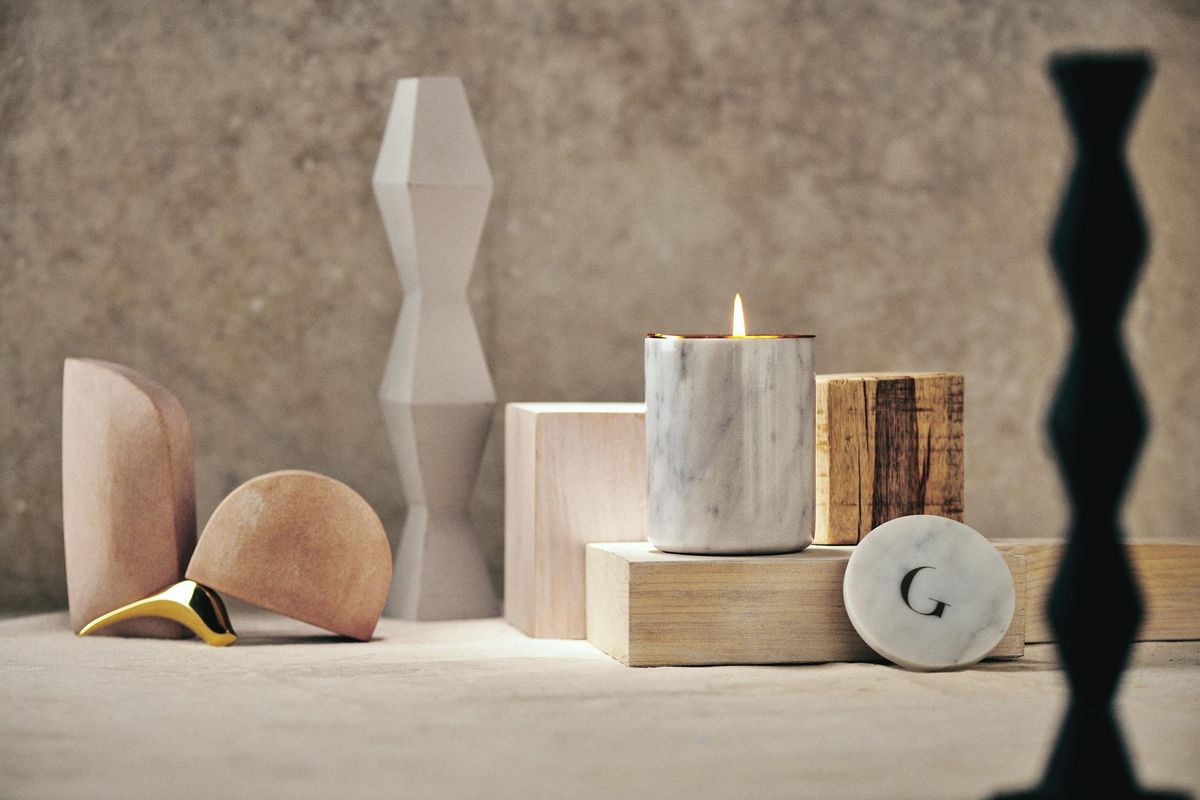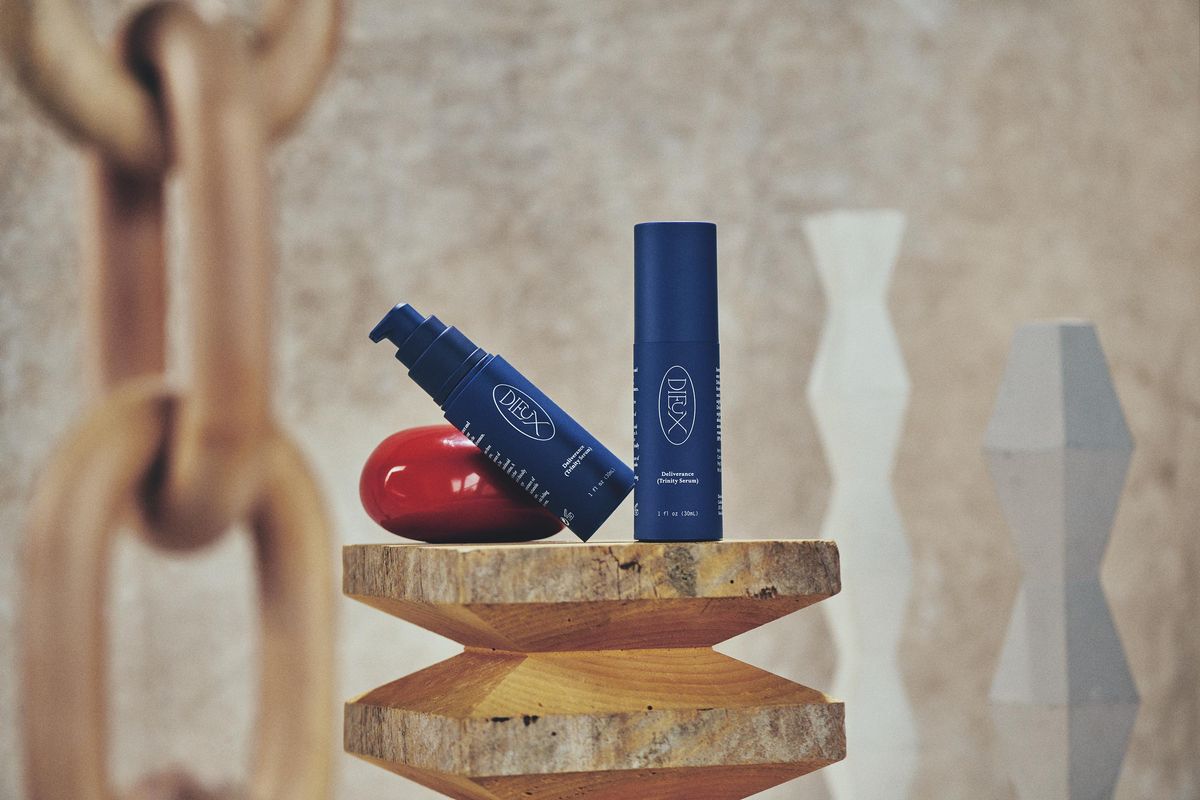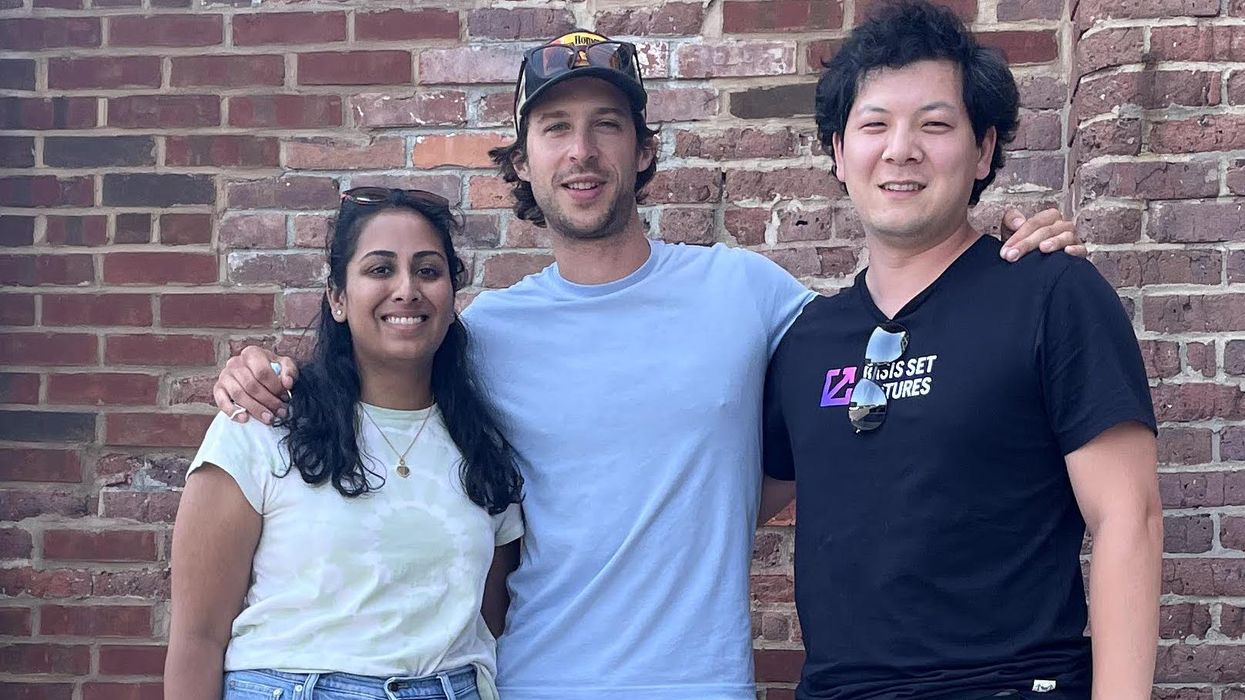
Bluebird Climate Is Empowering Beauty Brands to Be More Sustainable
Thanks to their new software, the company is helping build a cleaner future.
Considering the beauty industry produces an estimated 120 billion units of packaging waste every year, the need for more sustainable practices in the industry is clear. What’s unclear is how to fully address the industry’s sustainability crisis. Should brands produce less products? Produce the same volume in a more ethical way? Or is it up to consumers to buy less? While the industry determines the best course of action, Bluebird Climate is helping carve a path forward.
Founded in 2021, Bluebird is a software platform helping beauty brands (think: Glossier, Dieux Skin, Plus, and more) chart their course to true sustainability with a streamlined system that grades each brand’s carbon emissions and waste production. By scoring each metric and helping brands strategize ways to lower them, Bluebird is designed to gradually decarbonize the consumer products industry. Glossier alum Jamie McCroskery is leading the charge alongside co-founders Anisha Gupta and Dennis Lee to reframe sustainable practices that are often dismissed as inaccessible or inconvenient for beauty brands.
“There’s a misconception that sustainability means ‘more expensive,’” Gupta tells Coveteur. “But there are a lot of things that you can do in sustainability that are just more efficient, particularly around transportation.” When the pandemic set the supply chain askew, for example, this became an issue close to home for many beauty founders. As prices and shipping times for consumer goods from Asia soared, more founders began producing their products on U.S. soil. “[This] ends up being more efficient in getting the products on time and not stocking up. But also being able to get those more sustainably because it’s traveling less distance.”
Bluebird’s goal isn’t to use the software to shame brands for their shortcomings, but to map out where they can start making changes. “It’s just a matter of starting somewhere,” McCroskery says. “Consumers don’t expect you to be perfect. They just expect you to care.”
Before Coveteur selected its 2022 Beauty All-Stars winners, we asked our judges’ top-rated brands to fill out a thorough questionnaire from Beauty All-Stars’ sustainability partner, Bluebird Climate, to measure their brand’s carbon and waste emissions. We were surprised when a few chose to drop out instead of learning where they stand.
“[A lot of] brands don’t know how they’re doing, so it’s hard to say that you want to be held accountable [for your sustainability practices, or lack thereof] if you don’t know,” McCroskery explains. “What we believe in internally is that you have to meet brands where they are. You have cutting-edge sustainable brands who want to bake it into their DNA, tell the market about it, and be held accountable. You also have brands who are just starting to think about it. Canceling brands when they’re just starting to think about it isn’t helpful because they’ll just start to get scared and won’t do anything.”
Ahead, we spoke to the Bluebird Climate founders about building their business, where they see the company in five years, and what’s missing from the sustainability conversation.
Do you think beauty brands are ready to be held accountable for their sustainability practices (or lack thereof)?
Jamie McCroskery: “It depends on the company. But what’s interesting is that at the end of the day, we’re not holding people accountable—we’re providing brands and their customers with information to then decide what to do with it, which means that customers are going to hold brands accountable. Long term, accountability is going to become more and more important. We can’t just rely on those crazy statements that brands are throwing out about sustainability.”
Anisha Gupta: “Right now, we’re seeing insurgent brands who know that they’re doing well and design their products to be sustainable. They’re looking to talk about what they’re doing and celebrate it in a way that can educate their consumers as well. It’s the laggards when it comes to sustainability—we refer to them as ‘sustainability-curious folks’—who are a little bit more scared.”
Has working on Bluebird impacted how you shop for beauty, grooming, and skincare products?
AG: “I’ve always had a bone to pick with the way that marketing says it’s in consumers' hands. There’s so much onus placed on the idea that as a consumer, if you choose not to recycle, it’s all your fault and all of the environmental impact is in your hands. There’s so much more power in the brands’ hands on what they can do and the choices that they make in their supply chain and the materials that they choose.
For me, I look for things like transparency. A lot of times, that means I shop for things that are more bulk-size and that are probably less kitschy. I’m probably on the spectrum of an informed sustainability consumer, but of course I make purchases for function still—where I just like how a formula works and yes, it might not be in the best packaging.”
JM: “I’m not an eco-warrior by any means, I’m just an informed consumer. I look to see how much effort brands are putting forth and how thorough they are. If I’m buying something, I try to see if the brand is talking about things that I know matter or if they’re just putting a stamp of certification that doesn’t matter and dropping ‘carbon-neutral’ without any workaround preventing emission. We all know they’re kind of bullshit.”
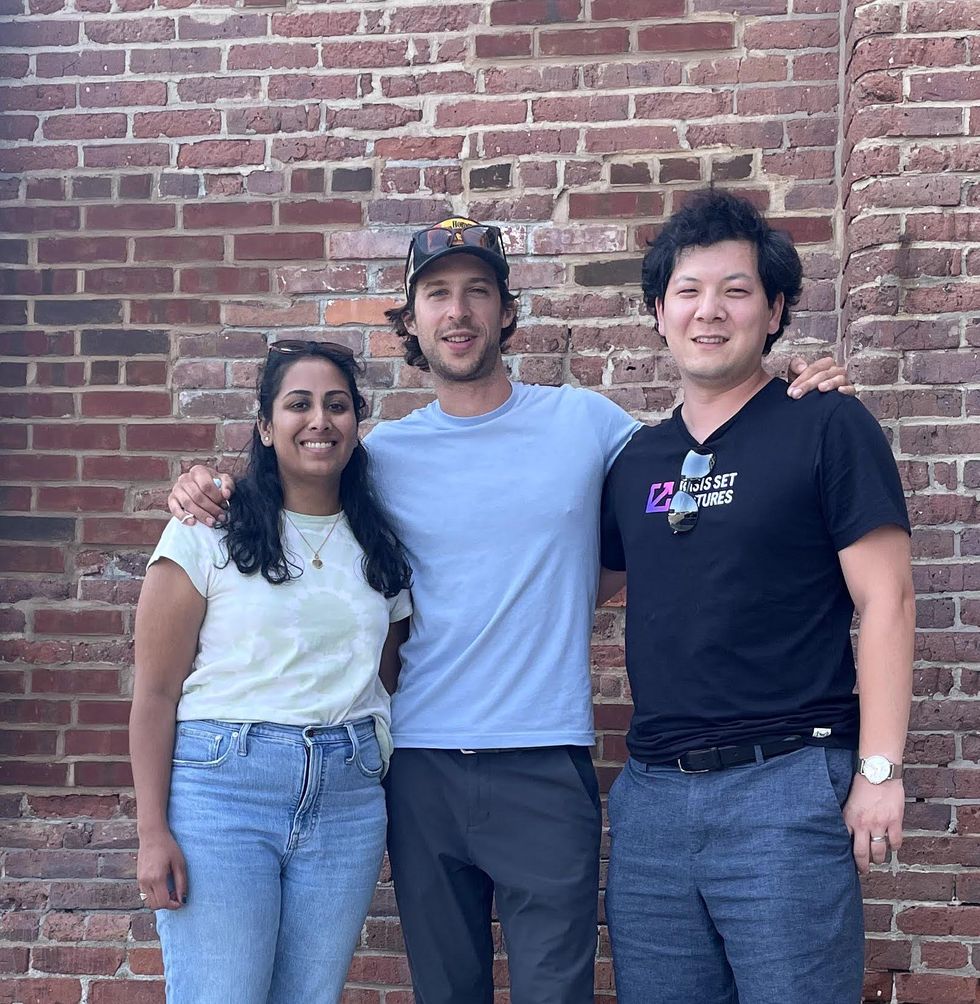
Bluebird Climate co-founders Anisha Gupta, Jamie McCroskery, and Dennis Lee.
Photo: Courtesy of Bluebird Climate
What do you mean when you say that you’re not an eco-warrior?
JM: “My friends look at me like I’m the sustainability police. If they put something recyclable in the garbage, they apologize to me. But consumers are going to do whatever they’re going to do. It’s the brands who need to empower them to make the right choices with information and also by designing products the right way. I’m not super hippy-dippy—I don’t wear hemp clothing and I don’t have the most sustainable things made out of bamboo. I like things that function well and also have sustainability baked in. We’re just trying to meet every brand where they are. And it’s the same thing with consumers, too. You don’t always have to blow out your unit cost by making it the most sustainable.”
Where do you see Bluebird in five years?
JM: “Passion is a very important part of this. For us, because we’re impact-oriented, we want to build a business that scales. Our company mission is to decarbonize the consumer products industry. That will take a very long time. If you’re building a product and you care about sustainability because you’re a human being on this planet, it’s very difficult to live in alignment with [the desire to be sustainable and create products]. We want to create a way to produce products that are sustainable by default so that you don’t even have to think about it.
We’re creating a product development platform that makes it easy to do that. As far as scaling goes, right now we’re building a decision-making tool that provides benchmarks like comparative scenarios and different vendor quotes. We hope that this gets brands to evaluate sustainability more holistically. A lot of them are starting to bring their vendors on board as well. When you connect all those pieces it then becomes really easy, through Bluebird, to make a low-carbon product without breaking your back or hiring consultants to do anything crazy.”
What has been your biggest win so far?
JM: “There are so many dimensions to that. From the pilot program, we’ve helped brands like Experiment decrease carbon emissions by 78 percent, which is pretty awesome, because that’s the whole point of the business. Besides that, it’s the team we’ve built. We work with really awesome people who are super helpful, but care a lot about each other. It’s the same with our core team as well. It’s a hodgepodge group of technologists, former fashion and beauty people, and supply chain people who also deeply care about each other and are mission-oriented.”
AG: “I agree. Building our team is probably my biggest accomplishment in life.”

